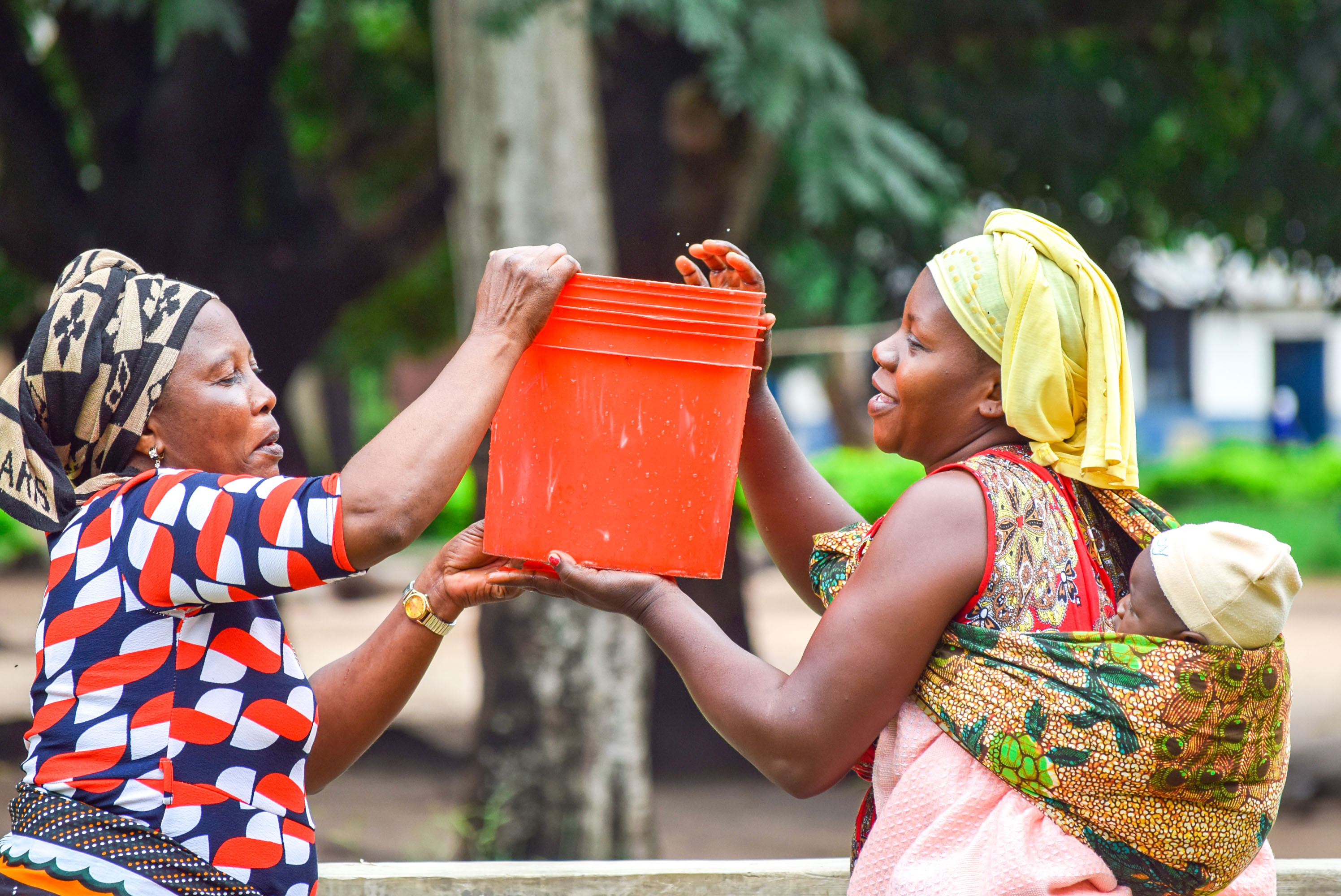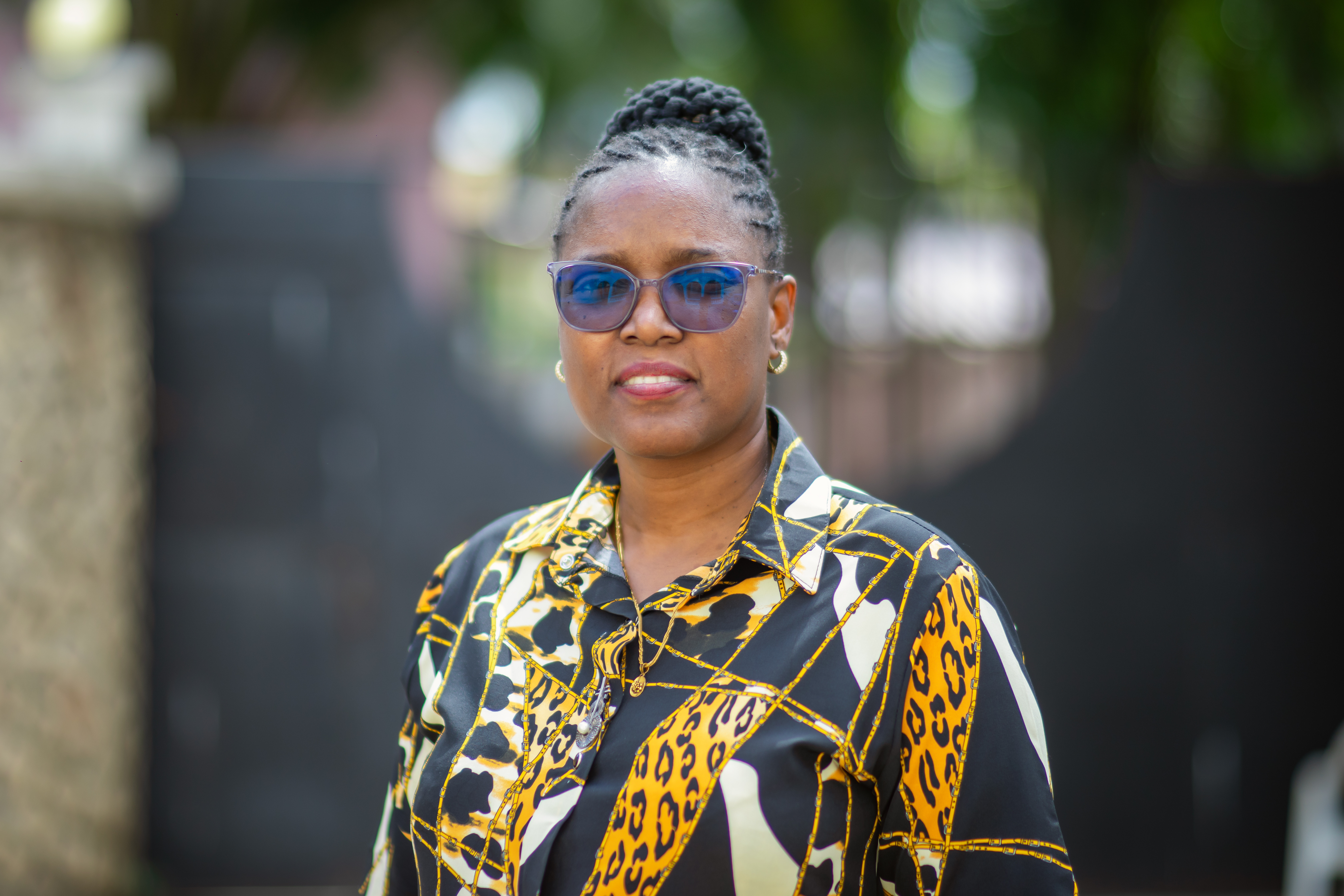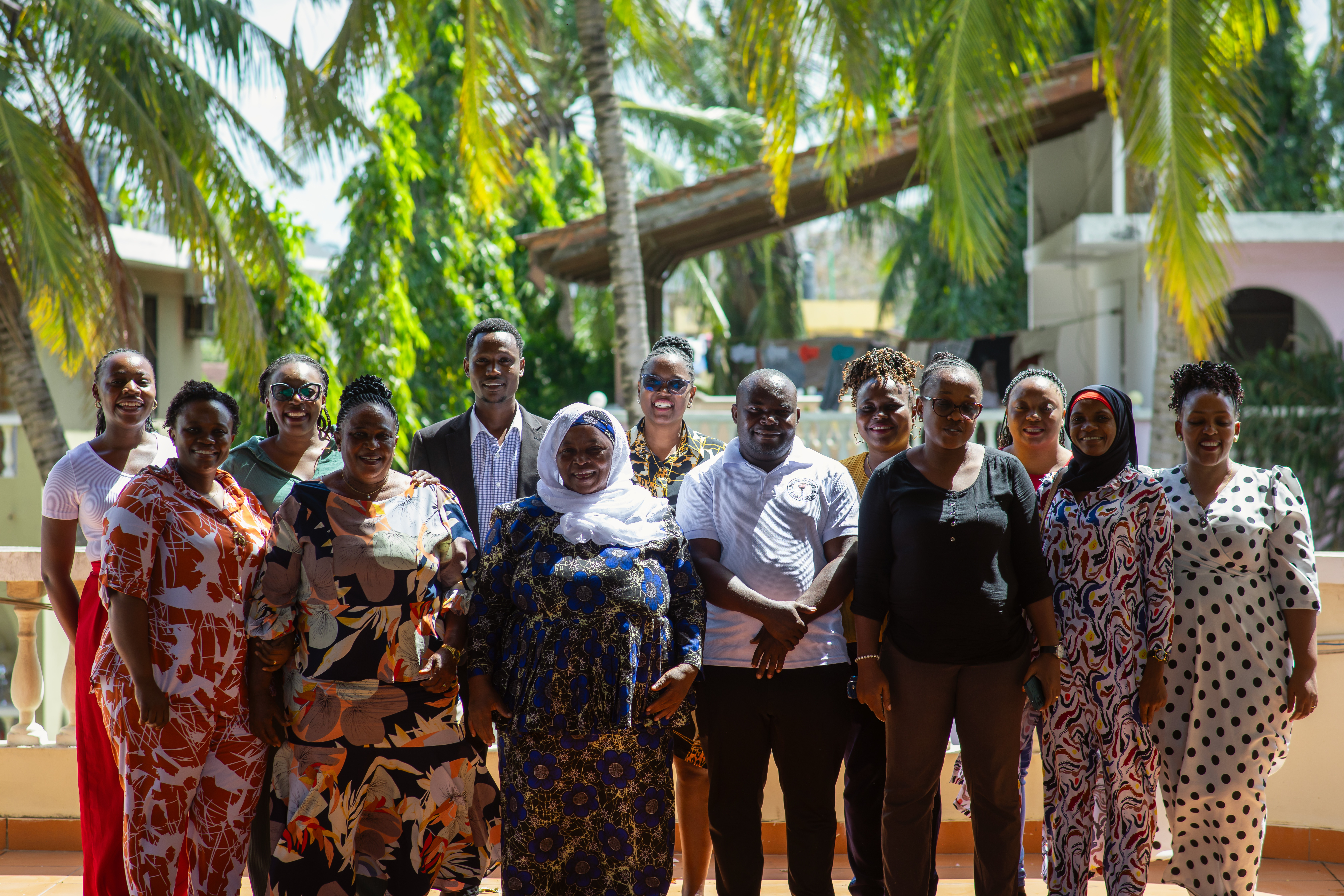Fueling Change: How MJUMITA is Pioneering Sustainable Charcoal Production in Tanzania

Charcoal is the primary energy source for most Tanzanians, especially in urban areas, due to its affordability and widespread availability. However, traditional charcoal production methods are unsustainable, leading to widespread forest degradation, loss of biodiversity, and adverse impacts on communities dependent on forests for fuel, other products, and essential ecosystem services.
MJUMITA’s Sustainable Charcoal Production Model
Mtandao wa Jamii wa Usimamizi wa Misitu Tanzania (MJUMITA) has been at the forefront of transforming the charcoal production sector to be more sustainable. Between 2012 and 2019, MJUMITA, in partnership with the Tanzania Forest Conservation Group (TFCG), developed and implemented a sustainable charcoal production model across 35 villages in the Morogoro region. Using a Community-Based Forest Management approach, the project improved forest management, created rural employment, and fostered community-led development projects.
Since then, MJUMITA and TFCG have focused on sustainability scaling this model, which is now being practiced in several regions across Tanzania. It is the only model in Tanzania that promotes sustainable production of charcoal in natural forests. “There is a commonly held notion that producing charcoal from natural forests is disruptive and harmful to the environment”, explains Rahima Njaidi, MJUMITA’s Executive Director.
But over the past 12 years, our model has shown that the Miombo woodland the community uses for charcoal production regenerates quickly. If you look at a forest area that was harvested five years ago, you wouldn't believe charcoal was produced there. The trees have regenerated back to normal.”

The benefits of these initiatives extend beyond reducing deforestation; they also enhance community wellbeing. “Communities are now earning income from taxes on charcoal revenue, which is reinvested into local infrastructure like schools, health clinics, and roads,” Rahima explains. This revenue-sharing model ensures that the gains from charcoal production benefit the entire community, supporting essential social services and improving quality of life.
Moreover, MJUMITA’s approach includes ongoing community awareness raising and technical training to deepen community buy-in and commitment to sustainable charcoal production. In 2023, they launched projects in Morogoro and Tanga focused on community technical training and awareness. “We focus on educating existing charcoal producers on sustainable business practices and strengthening producer associations,” says Rahima. “This education is crucial for ensuring that the benefits of sustainable production are widespread and that environmental governance is strengthened.”
MJUMITA’s achievements are evident not only in the healthier forests and improved community livelihoods but also in the increased involvement of local residents, particularly women, who have become active participants in decision-making processes related to environmental conservation. “Seeing women move from silence to being vocal in conservation efforts has been particularly rewarding,” Rahima reflects. “Women are now engaging in conservation issues and activities that were once purely for men and excelling in these roles!”
Looking Ahead to 2024

Looking ahead to 2024, MJUMITA is committed to expanding its impact, reaching more communities, and further embedding sustainable practices across Tanzania. “We aim to transform not just landscapes but also lives, ensuring that our forests and the communities that depend on them thrive together”, Rahima states. Through persistent efforts and strategic partnerships, MJUMITA is not just envisioning a greener Tanzania but actively forging it, one community at a time.
To learn more about MJUMITA, visit mjumita.or.tz. Photos taken by Petros Teka
Donate
Help us get more funding to African visionaries and unlock transformational change.